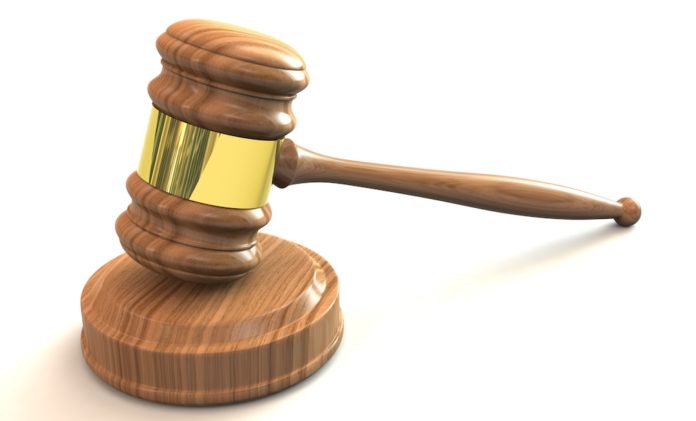This morning, Jan. 16, the US District Court for the District of New Hampshire is scheduled to hear arguments in the lawsuit challenging New Hampshire’s classroom censorship law, which discourages public school teachers from teaching and talking about race, gender, sexual orientation, disability and gender identity in the classroom.
The arguments are scheduled to take place at 10 a.m. at the US District Court for the District of New Hampshire, located at 55 Pleasant Street in Concord.
Plaintiffs in the case argue that the law is unconstitutionally vague under the Fourteenth Amendment and violates the First Amendment. Depositions and case documents revealed how the law is actively discouraging public school teachers from teaching and talking about race, gender, disability and LGBTQ+ identities inside and outside the classroom.
“This unconstitutionally vague law disallows students from receiving the inclusive, complete education they deserve,” said Gilles Bissonnette, legal director of the ACLU of New Hampshire. “New Hampshire’s classroom censorship law is an attack on educators who are simply doing their job, and through vagueness and fear it erases the legacy of discrimination and lived experiences of Black and Brown people, women and girls, LGBTQ+ people, and people with disabilities.”
Last year, the federal court denied the state’s motion to dismiss the litigation, making it the fourth legal challenge to a “banned concepts” law in the U.S. that reached a similar finding. Laws banning similar concepts in other contexts in Florida were preliminarily enjoined on vagueness grounds in two cases, here and here, which followed another federal judge deeming impermissibly vague former President Trump’s “divisive concepts” Executive Order.
In that January 2023 ruling, the Court concluded that the law does “not give teachers fair notice of what they can and cannot teach,” adding, “[g]iven the severe consequences that teachers face if they are found to have taught or advocated a banned concept, plaintiffs have pleaded a plausible claim that the amendments are unconstitutionally vague.”
— from a GLBTQ Legal Advocates & Defenders press release
More glad.org
Not a subscriber? Sign up today for a free subscription to Boston Spirit magazine, New England’s premier LGBT magazine. We will send you a copy of Boston Spirit 6 times per year and we never sell/rent our subscriber information. Click HERE to sign up!









